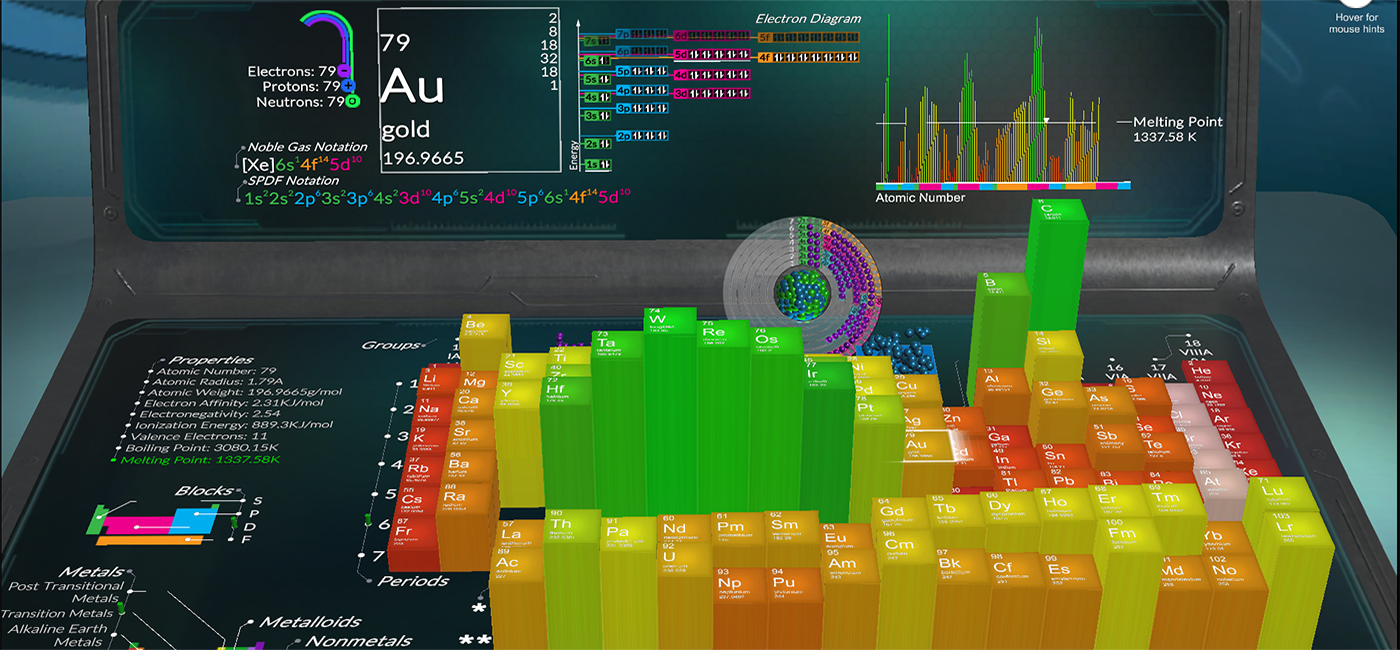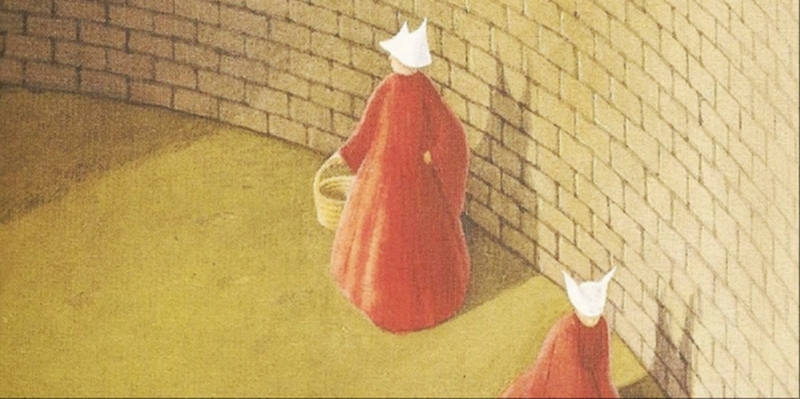Supporting the knowledge of philosophy can be tough, but it doesn’t have to be with the Macmillan Interdisciplinary Handbooks: Philosophy Series. Using film, literature, art, case studies, and other disciplines, the handbooks provide illustrations of human experiences to work as gateways to questions philosophers try to address. Composed of ten volumes (available individually) that serve undergraduate college students who have had little or no exposure to philosophy, as well as the curious lay reader, the Macmillan Interdisciplinary Handbooks: Philosophy Series is recommended for undergraduate and public libraries.
See how the Macmillan Interdisciplinary Handbooks: Philosophy Series is a must have resource with two reviews posted in the American Reference Books Annual, Spring 2017 Edition:
Read moreThe Macmillan Interdisciplinary Handbooks: Philosophy Series is an “Excellent Source”










